Our world is undergoing climate changes that have triggered a spate of calamitous disruptions on agricultural production and overall food security.
From the devastations of tropical typhoons to droughts that are increasingly pervasive and severe, it appears that Nature is trumpeting her rather boisterous bid to furnish us with a new order. In the agricultural context, plants and livestock have to contend with a battery of new ecological conditions that far outrun their natural pace of adaptation.
“The effects of climate change have already started to emerge and will undoubtedly worsen,” states a September 2021 study in Frontiers in Sustainable Food Systems. “Global declines in yield and crop suitability are projected over the course of the century as a direct result of climate change.”
A number of industries and fields of science are investigating innovative technologies to mitigate the effects of climate change in agriculture. One of these methods is gene editing, a technique that facilitates programmable and highly accurate modifications to the genomes of organisms. These changes may involve deleting, silencing or inserting desired genes.
Here are five ways in which gene editing is providing some much-needed climate resilience in agriculture:
1. Enhancing drought-tolerance
Drought stress exacts a heavy toll on crop productivity and is the primary cause of agricultural loss globally. Using techniques in gene editing, scientists are able to help plants adapt to various abiotic stresses brought about by a changing climate, including drought. Other abiotic stresses include salinity, temperature fluctuations (high/low) and the presence of heavy metals in the soil.
When plants are subjected to drought, they display various characteristics as they adjust to the conditions. In order to help plants tolerate abiotic stresses, including drought, researchers identify the particular genes that are involved, and then edit these genes to facilitate plant resilience.
“Some plant genes enhance the deleterious effects of abiotic stresses, known as sensitivity genes (Se genes),” states a paper titled “CRISPR-Based Crop Improvements: A Way Forward to Achieve Zero Hunger,” published in the Journal of Agricultural and Food Chemistry.
“Genome editing strategies, particularly CRISPR-Cas, have been used in several plant species, including grain, vegetable, and fruit crops, to improve abiotic stress tolerance by disrupting these Se genes.”
Research is also under way using CRISPR-based gene editing to improve drought tolerance in wheat, cassava, papaya, sugarcane and cotton.
2. Disease management
Climate change can increase the severity and likelihood of plant diseases.
“A majority of diseases affecting plants and animals are anticipated to become more widespread with climate change,” states a study published in Frontiers in Sustainable Food Systems. “Increased range of vectors, rising temperatures fostering reproduction of pathogens, and host organisms becoming more susceptible to pathogens are some of many climate change-driven causes of worsening disease.”
To counter the looming surges, scientists have been working on conferring disease resistance in livestock and food crops without the use of pesticides and fungicides.
For instance, the banana streak virus is activated under stress conditions such as drought and extreme heat, which are expected to accompany climate change in Africa, particularly in the areas where bananas are widely cultivated as an important food crop. To counter the problem, a research team led by Leena Tripathi of the International Institute of Tropical Agriculture in Nairobi, Kenya, pioneered the first application of CRISPR gene editing technology to deactivate banana streak virus in plantains.
3. Increasing yields
In the wider context, save for a few exceptions, global climate change stands to reduce crop yields and lower livestock productivity. As populations expand in many regions, increasing demand for food, the drop in yields could require more forestlands to be cleared for farming.
While traditional breeding techniques have been used in the past to increase crop yield, the growing demand for food creates the need for more efficient and streamlined approaches to crop improvement for better yields. CRISPR-Cas9 technology is the most promising technique yet for meeting that need.
A number of gene edits have produced more resilient crops with higher yields. In rice, for example, gene editing has produced lines with 11–68 percent increased yields. CRISPR/Cas9 has also been used to increase the size of tomatoes, while other editing tools have contributed to greater muscle mass in livestock.
4. Surviving soil salinity
Soil salinity is a serious abiotic stress that hinders plant growth, and it is expected to worsen with climate change.
“Expansion of salt-affected arable lands has emerged as a major threat toward world food security. About 6 percent of the cultivated area is destroyed by soil salinization with a continued addition of 1–2 percent every year around the globe, causing significant yield losses of staple grain crops like maize, rice, and wheat,” notes the Frontiers in Sustainable Food Systems study.
With climate change often comes water scarcity, which forces farmers to use lower quality irrigation water that possibly contains salt, leading to increased soil salinity. Plant scientists are engineering crops that can better tolerate extreme drought and soil salinity. High salinity in soil has affected the cultivation of various crops, such as commercial tomatoes. Scientists have now successfully used CRISPR to confer high salinity-tolerance in tomatoes.
In another example, scientists at Huazhong Agricultural University and Shanghai Agrobiological Gene Center eliminated a gene in rice to improve its tolerance to elevated concentrations of salt in the soil.
5. Fighting weeds
Herbicides, along with pesticides and fungicides, are important chemicals in global agriculture. Their value is likely to grow, given that climate change has been found to alter the abundance and distribution of insect pests and the damage they cause. Weeds, arguably a farmer’s number 1 enemy, wreak colossal harm on global agriculture, reducing yields and farmer revenues considerably. In India, for instance, estimates have shown that weeds reduce crop yields by 31.5 percent.
Weed control also carries a social cost. In many developing nations, women and children are engaged in hand weeding, reducing their ability to attend school or pursue economic opportunities.
Some of the factors that favor the proliferation of weed growth in the context of climate change include rising carbon dioxide (CO2) concentrations and associated changes in global temperature and precipitation.
“Weeds are likely to show greater resilience and better adaptation to changes in CO2 concentrations and rising temperature in competition with crops due to their diverse gene pool and greater physiological plasticity,” states a study conducted by the Department of Agronomy at Kansas State University.
Variations in climate have also been shown to influence herbicide, insecticide and fungicide use through changes in their effectiveness and persistence. One of the solutions proposed for mitigating the challenge include the development of new chemicals, as crop tolerance to chemicals is expected to be reduced by climate change.
Gene editing presents an effective counter to the problem. In one prime example, scientists have used CRISPR-mediated gene editing to develop an herbicide-tolerant allele in rice. Besides offering farmers a flexible and easier weed-management strategy, herbicide resistance enables farmers to practice no-till or reduced-tillage agriculture, which helps reduce soil erosion and also minimizes greenhouse gas emissions through reduced fossil fuel consumption and soil disturbance
By Deepak Ray
O artigo foi publicado originalmente em Cornell Alliance for Science.

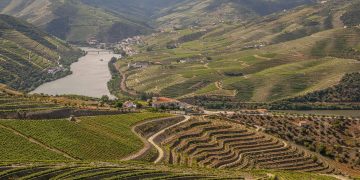

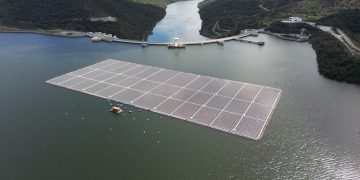

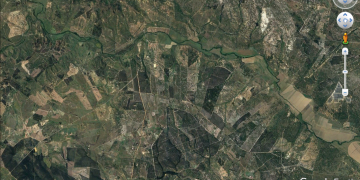



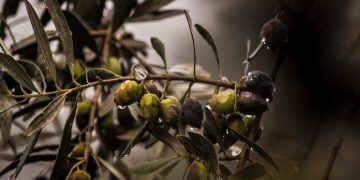









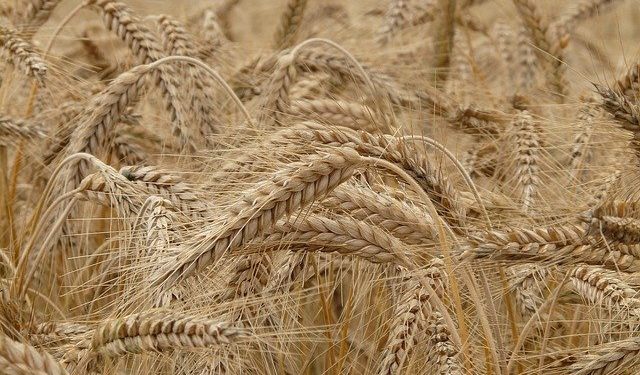
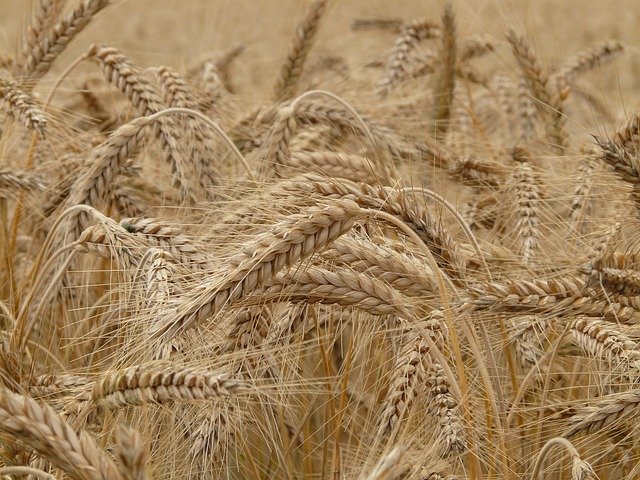
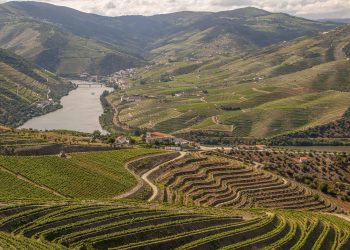





























Discussão sobre este post